Lower secondary school: the development of autonomy
The lower secondary school lasts three years and concludes the first cycle of studies which began with primary school. It is a compulsory milestone that takes place both in public and private schools. Its main purpose is to foster children’s autonomy development, providing them with adequate preparation to continue subsequent studies and training. The topics and the areas of study are specified at the national level.
Education
- Enhances basic literacy through the disciplines’ specific languages and knowledge, understood as points of view on reality and ways of knowing, interpreting and representing the world.
- Avoids fragmentation and a transmissive approach to knowledge, supporting students in organizing knowledge in an articulated way, so that they will become better at mastering and integrating their know-how.
- Through disciplines competencies, it promotes the development of broader and cross skills, which benefit the personal fulfilment of the students and their active participation in a social life oriented towards civil cohabitation values and the common good.
- Stimulates the growth of skills such as autonomous study and social interaction, thus, triggering students in taking an active role in their education and encouraging them in defining their own life project.
- Organizes and develops through literacy and in-depth study of informatic technology, the know-how and the skills related to cultural tradition and social, cultural and scientific evolution of the contemporary times.
- Provides opportunities to gain awareness of all the makings and personal resources, playing a fundamental educational and orientation role for the subsequent studies and training programmes.
- Backs up the study of the English language, introduced starting from primary school, with the study of a second language of the European Union.
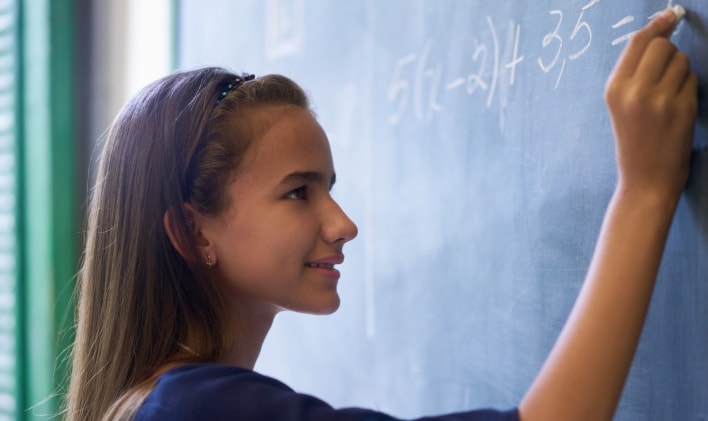
Organisation and timetable
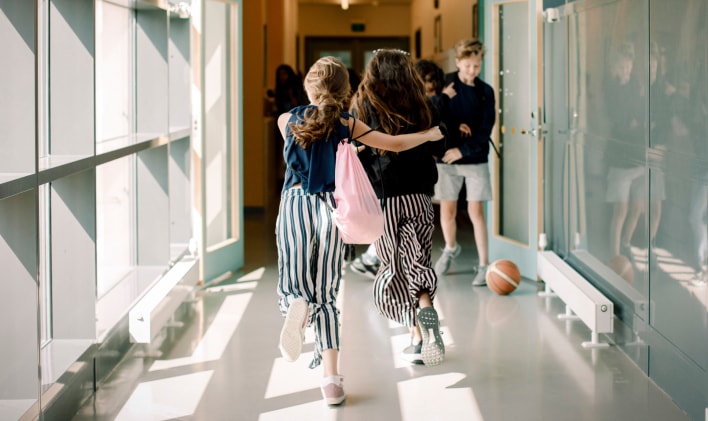
Classes
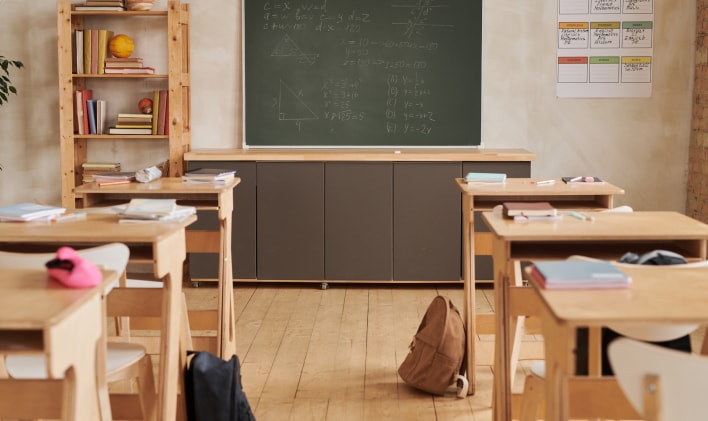
Study curriculum
The ministerial decree 254 of 2012 (National Recommendations for Preschool and the first cycle of studies curriculum) has identified the compulsory disciplines for lower secondary school students.
Law No. 92 of 20 August 2019 added to these disciplines the teaching of Civic Education, a cross-curricular discipline that covers all school grades and focuses on three main thematic cores: Constitution, sustainable development and digital citizenship.
Italian
English language and second community language
History
Geography
Mathematics
Science
Music
Art and Imagery
Physical Education
Technology
Catholic religious education, alternative activities, and languages studies
Catholic religious education is provided for one hour a week for students that avail themselves of it. Students who do not take advantage of this subject can choose between studying an alternative subject among those proposed by the school, assisted individual study or they can request delayed entry or early exit from school. The decree of the President of the Republic n.89 of 2009 (article 5) has identified the teaching timetable for each discipline or groups of disciplines for both ordinary time and extended time classes.
If requested by the families, and according to the teachers’ availabilities within the school and only if there is no staff redundancy, the two hours of second community language can be dedicated to strengthening the English language. Students coming from foreign countries who need to master basic communication skills can dedicate the hours normally allocated to the study of the second community language to studying the Italian language. The national curriculum guidelines have established targets for the development of the competencies and the learning objectives for each discipline.
The learning assessment
The assessment in lower secondary school is ordered by the legislation of April 13 2017, n.62 and is expressed in grades based on an out-of-ten scale which indicates the different learning levels for each discipline. For the students who avail themselves of the Catholic religious education or the alternative activity, the assessment of the student is carried out on a separate note through a short evaluation. The assessment is integrated with the description of the process and the overall level of learning development. The behaviour is assessed through a short evaluation reported in the evaluation document. In the third class, the students are involved in the national survey on the learning of the Italian language, mathematics, and English language according to the National regulations.
Programmes with specialisation in music
To access those programmes, students must undertake an orientation-aptitude evaluation meant to assess their aptitudes and direct them to the specific instrumental speciality among the four activated by the school and according to the available spots.
In the programmes with specialisation in music, both individual and collective instrumental lessons, theory and music reading, and ensemble music are carried out in three hours a week added to the normal timetable on a multi-week basis (99 per year). During the extended time classes, additional courses are carried out within the overall schedule. The teaching of the instrument is part of the personalized annual timetable and determines the validity of the school year for admission of the student to the subsequent classes, or the state exams and it is subject to periodic and final evaluation.
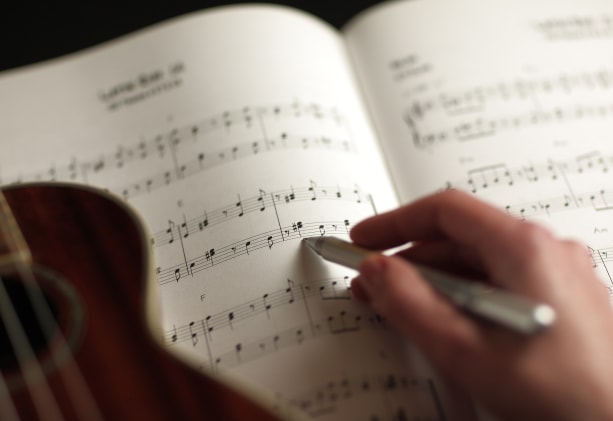
State exam for the conclusion of the first study cycle
State exame can be taken by students who have:
- attended at least three-quarters of the personalized amount of hours within the timetable;
- participated in the national tests of the Italian language, mathematics and English language organised by INVALSI;
- not received the non-admission disciplinary sanctions;
At the end of the first cycle of studies, a certification of the competencies is provided, which certifies the ability to use the acquired knowledge to solve complex and new, real or simulated tasks and problems (ministerial decree October 3 2017, n. 742). Moreover, INVALSI integrates the validation of the competencies with a section describing the levels achieved in the national exams for the Italian language and mathematics and another section certifying the understanding and use of the English language according to the outcome of the national written exam.
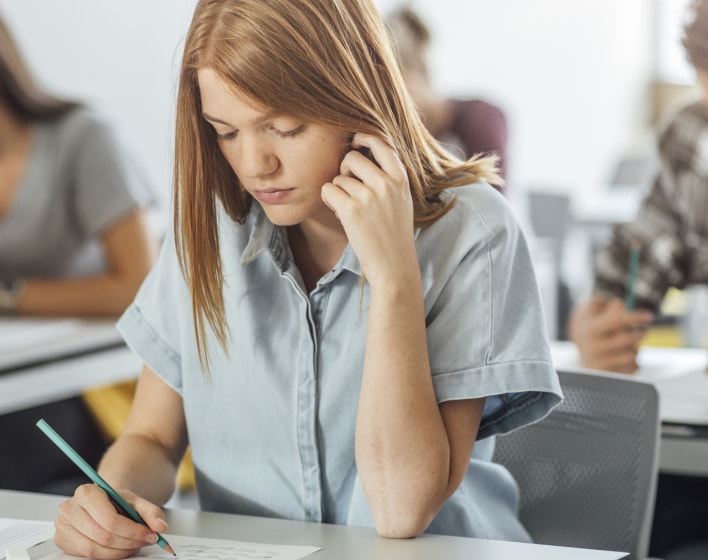
Useful resources
- Presidential Decree no. 89 of 20 March 2009 - Revision of the structure, organisation and teaching of pre-school and the first cycle of education
- Ministerial Decree no. 254 of 16 November 2012 - National Curriculum Directions for pre-school and the first cycle of education
- Legislative Decree no. 60 of 13 April 2017 - Rules on the promotion of humanistic culture, the valorisation of cultural heritage and productions and the support of creativity
- Legislative Decree no. 62 of 13 April 2017 - Standards for the assessment and certification of competences in the first cycle of educationand state examinations
- Ministerial Decree no. 741 of 3 October 2017 - Final State Examination of the first cycle of education
- Ministerial Decree no. 742 of 3 October 2017 - Purposes of skills certification
- National Indications and New Scenarios, 22 February 2018 - Document edited by the National Scientific Committee for the National Indications for pre-school and the first cycle of education
- Law no. 92 of 20 August 2019 - Introduction of the teaching of civic education in schools
- Interministerial Decree no. 176 of 1 July 2022 - Regulation of music courses in secondary schools
